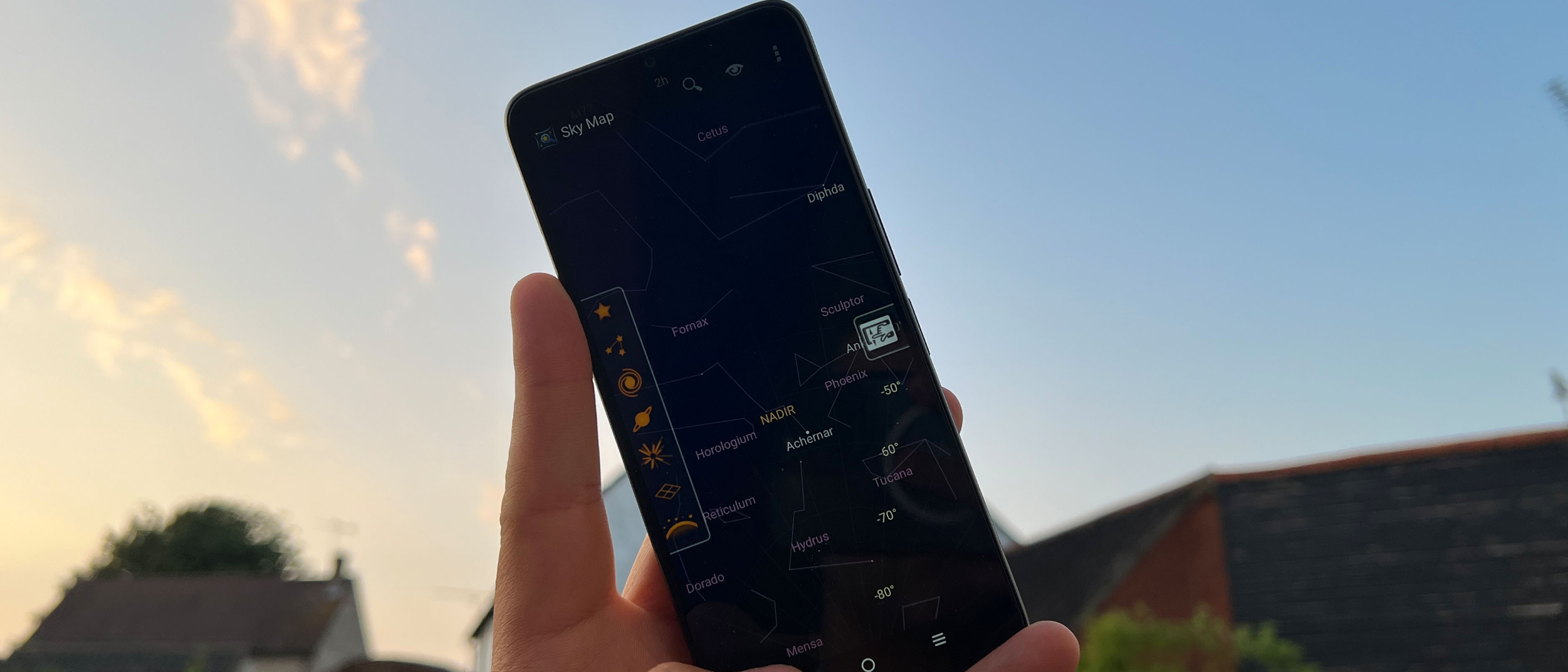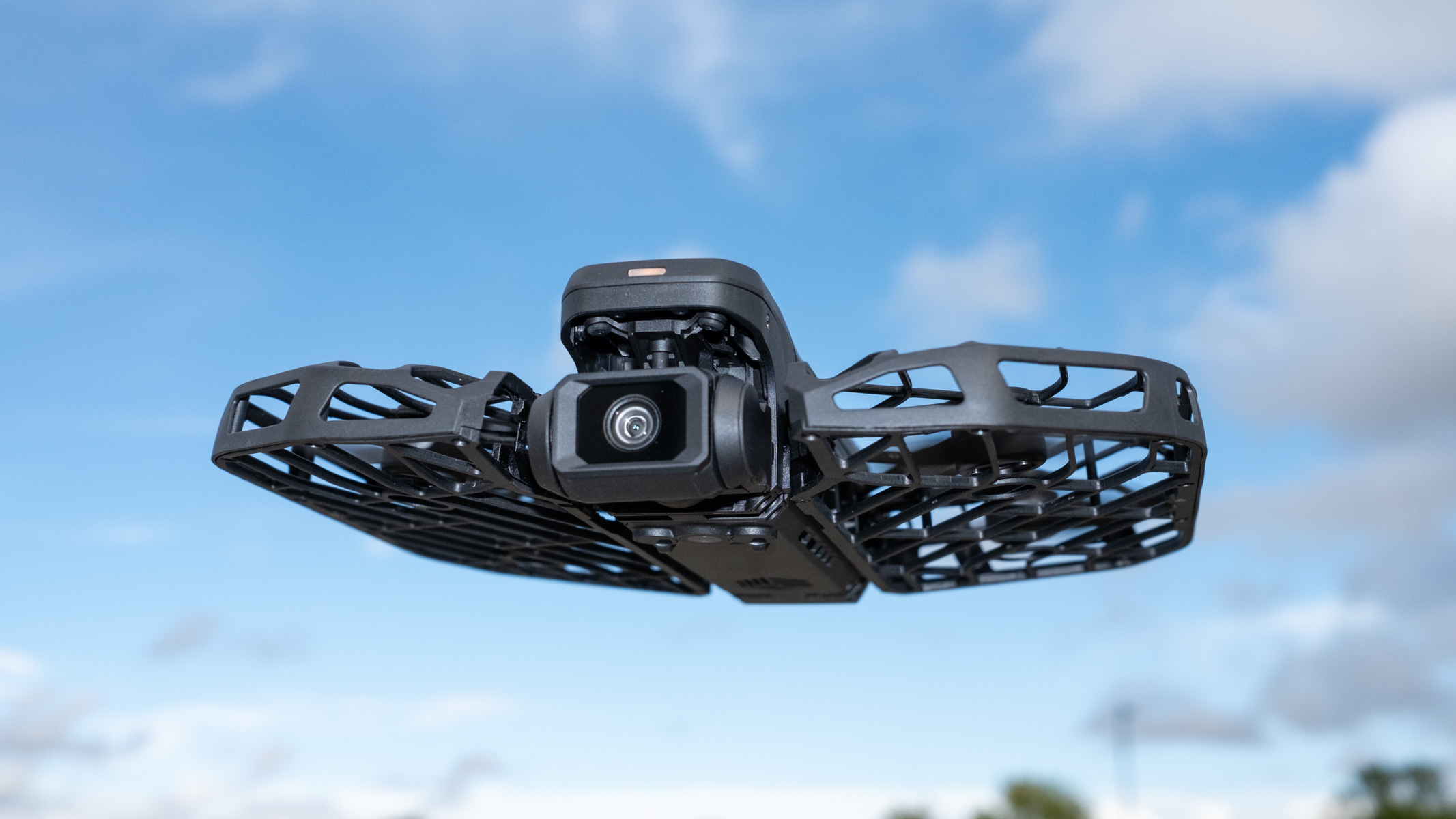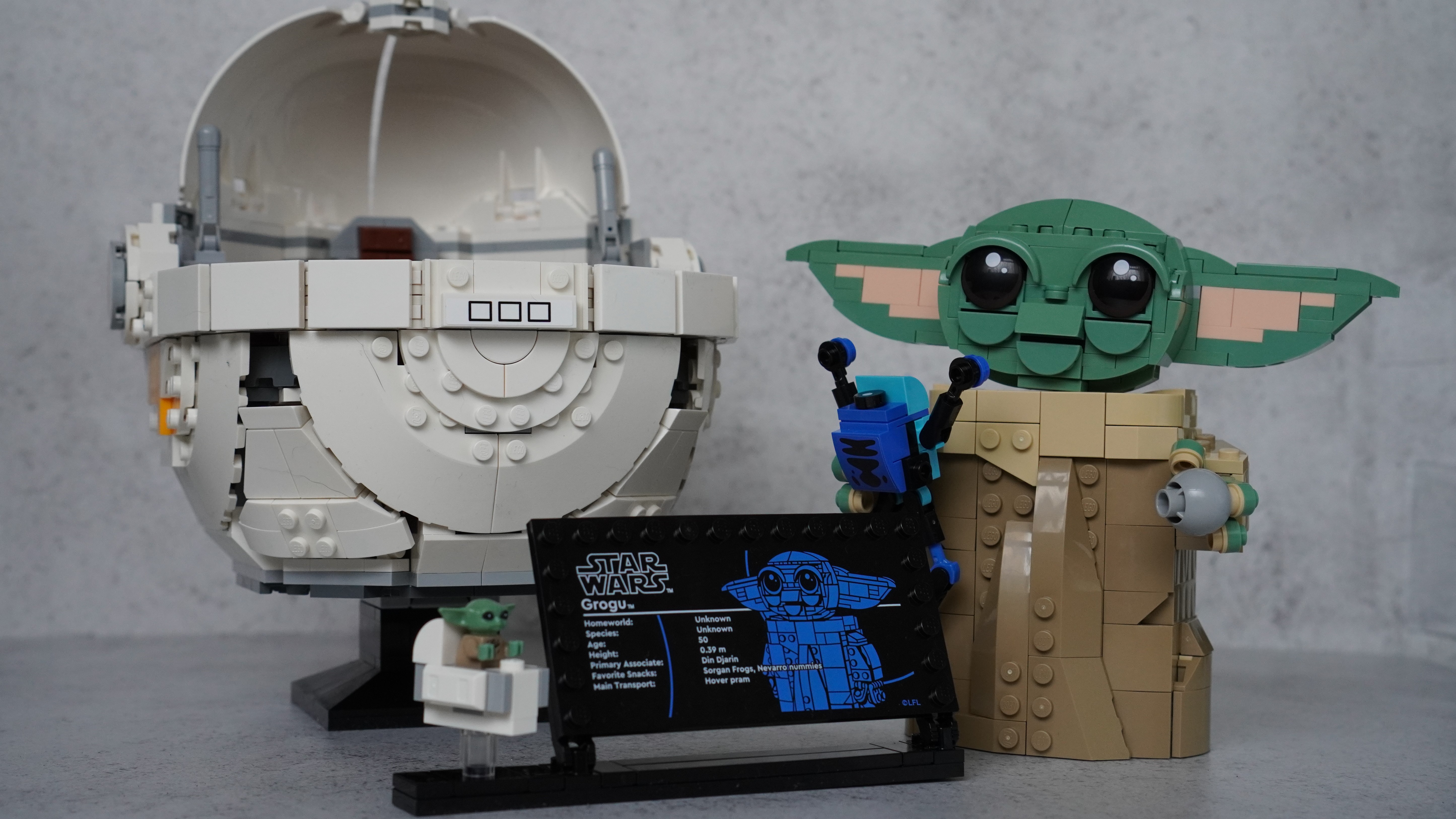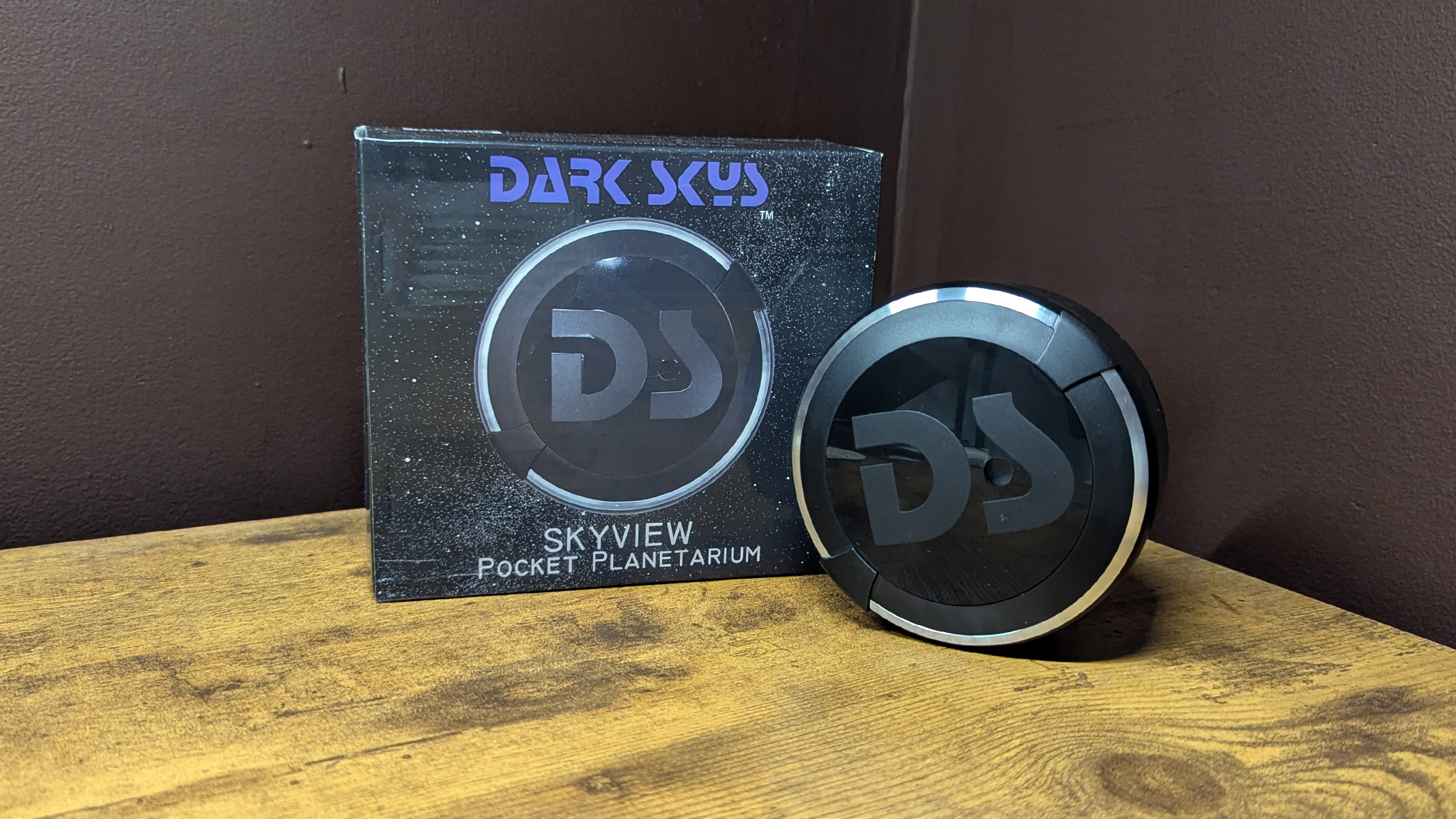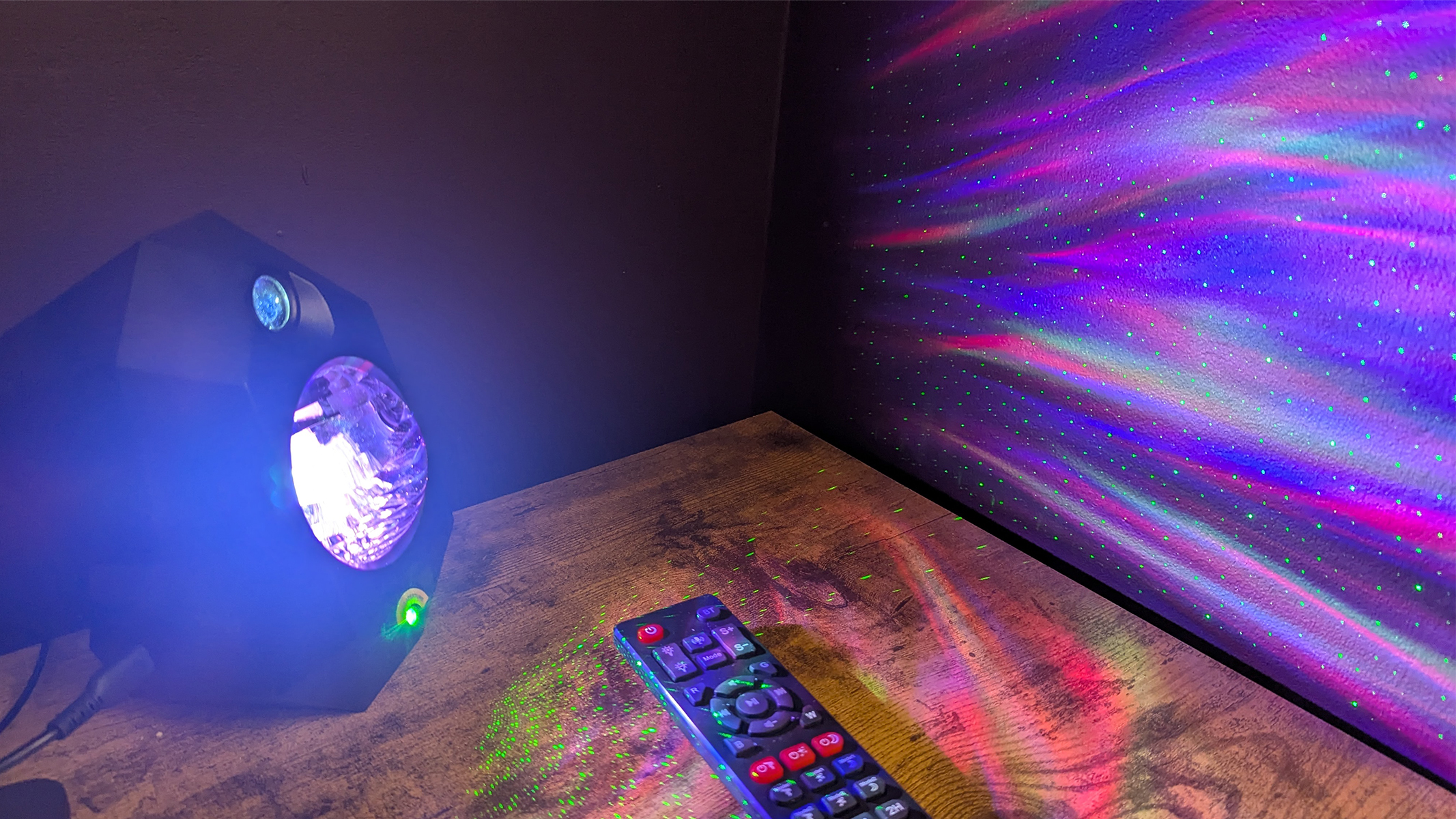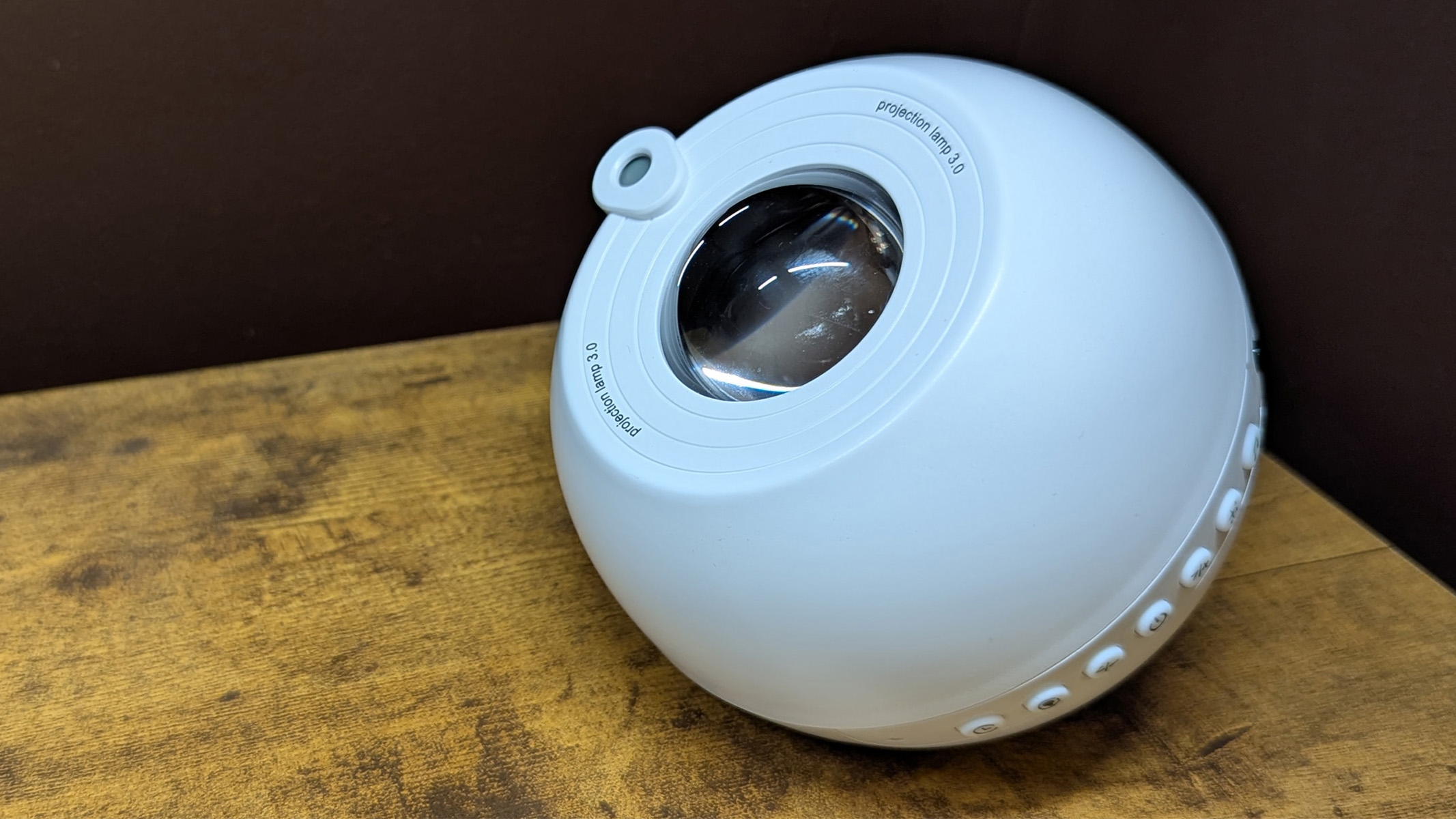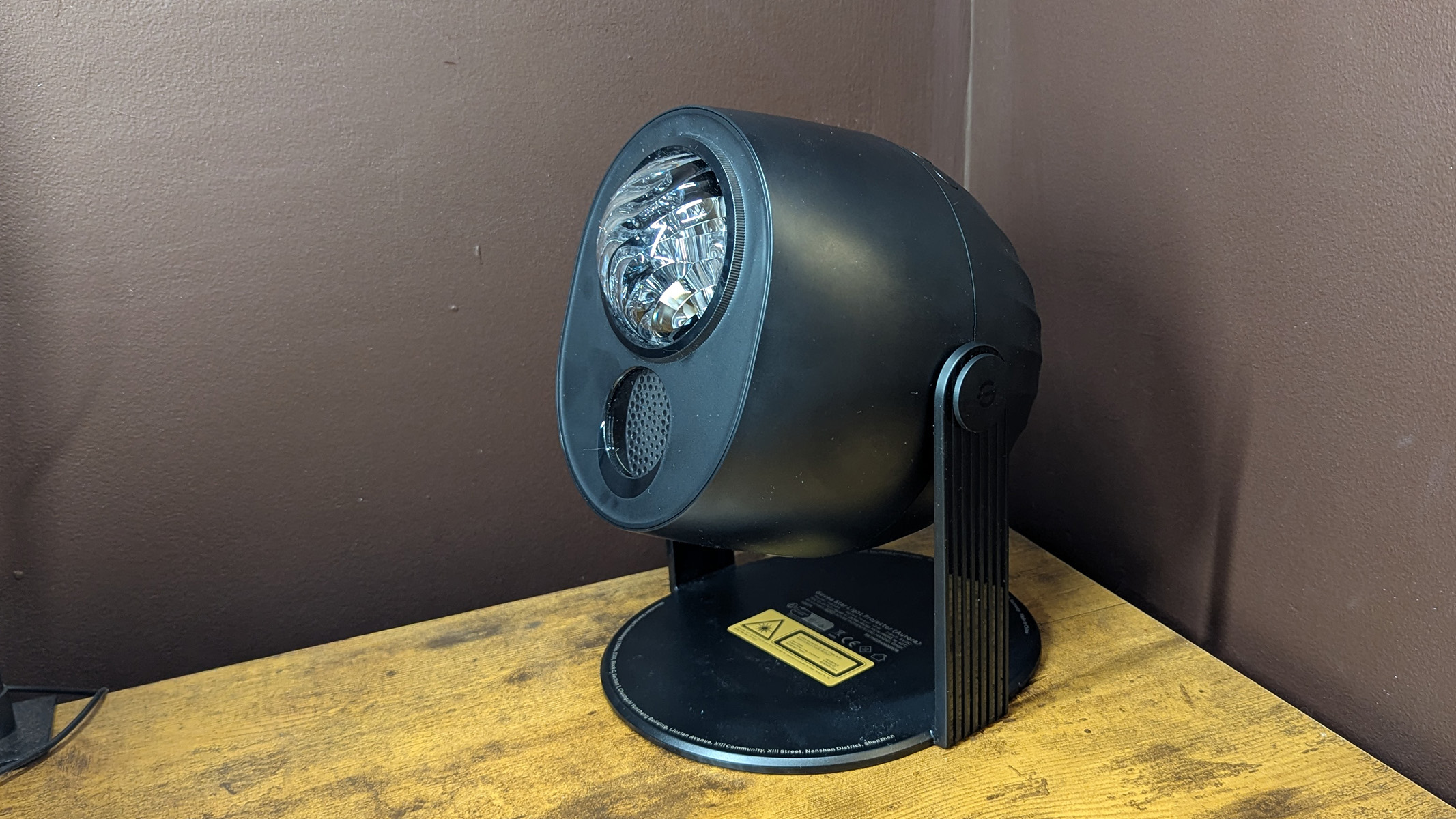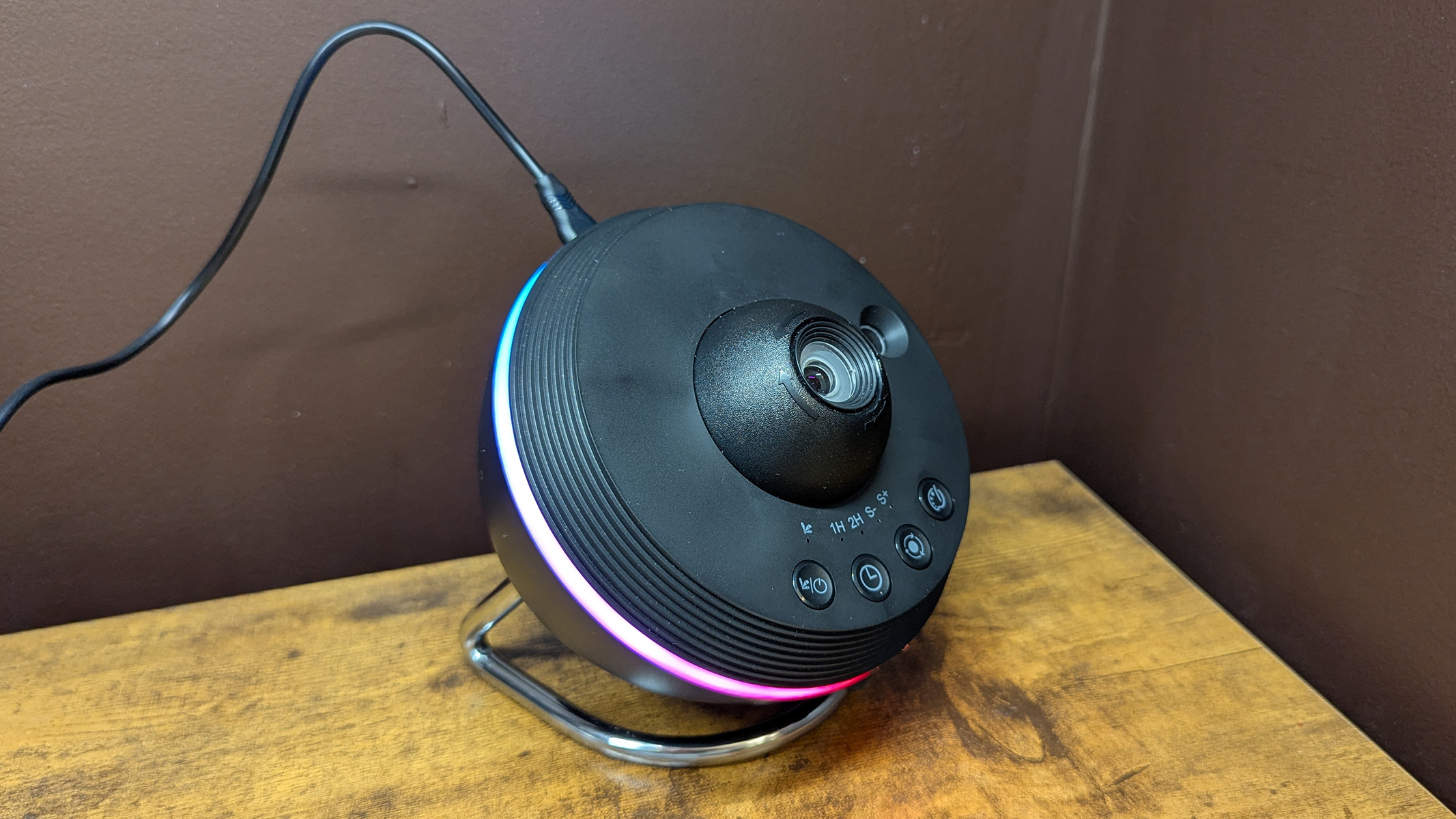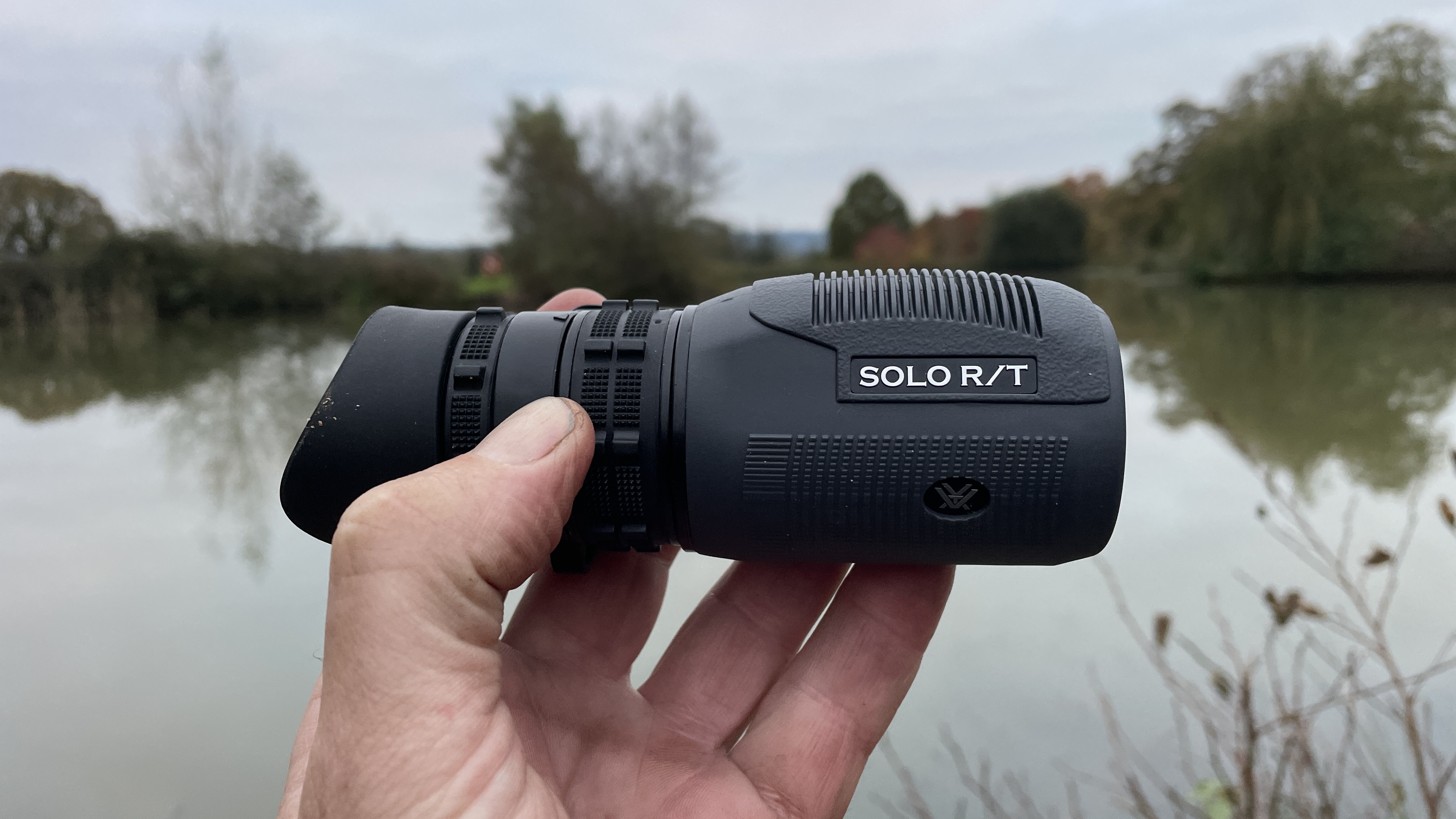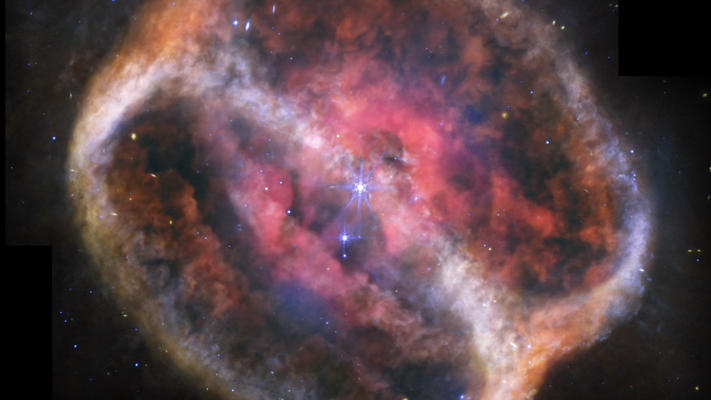Space Verdict
Sky Map is a solid stargazing app that will particularly appeal to beginners. Although it lacks the more technically impressive features found on some other apps, the fact that it's free makes it well worth checking out for budding stargazers.
Pros
- +
Free to use
- +
Easy to navigate
- +
Doesn't require a powerful phone
Cons
- -
Interface is underwhelming
- -
Lacks more impressive AR features
- -
No iOS version
Why you can trust Space.com
There are plenty of stargazing apps out there, but few have the price tag offered by Sky Map — or lack thereof. The app is completely free, and while it does lack some of the more impressive features offered by newer contenders, it's still a great way to identify stars and planetary bodies.
Operating System: Android (Android 8.0 and up)
Size: 10MB
Price: Free
We actually found Sky Map's old-school appearance a little endearing, and it located just as many stars as more premium apps like Night Sky in our testing. In fact, it has the advantage there, because none of its data is obfuscated behind a paywall.
It won't win any design awards, but Sky Map is well worth a look, especially with some pretty basic system requirements and around 10MB install size.
- Download Sky Map app on Google Play
Sky Map app review
Sky Map app: Pricing and Subscription
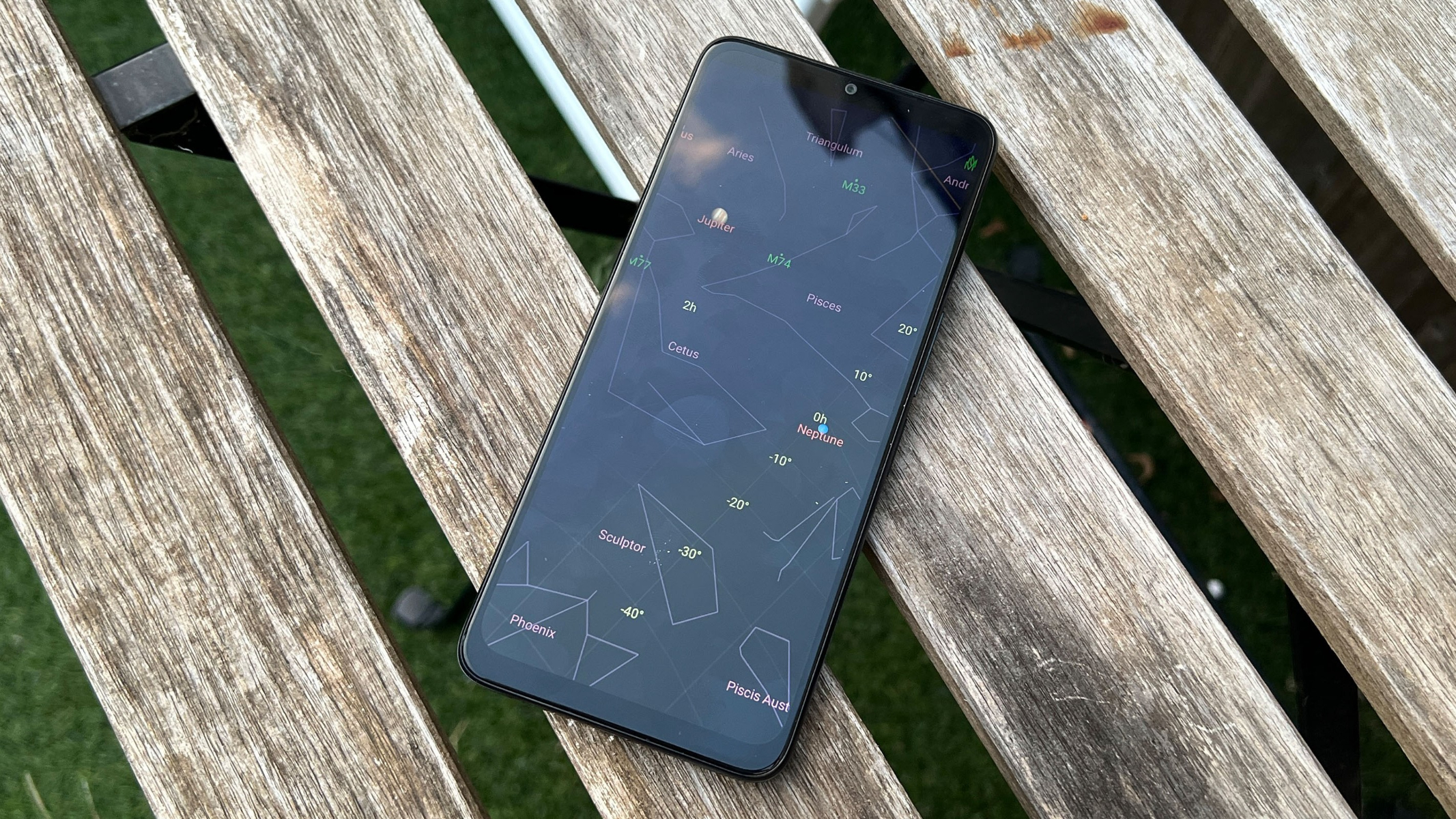
- Free to download
- No further payment required
- Lacks features of other, more expensive apps
One of Sky Map's biggest perks is that the app is entirely free to use. And that's not just for a trial period, there really is no price tag attached at all.
That makes it an easy download for anyone even remotely interested in identifying stars and other objects in the night sky, although what's on offer is barebones compared to the likes of Night Sky or Stellarium Mobile.
Sky Map app: User Interface
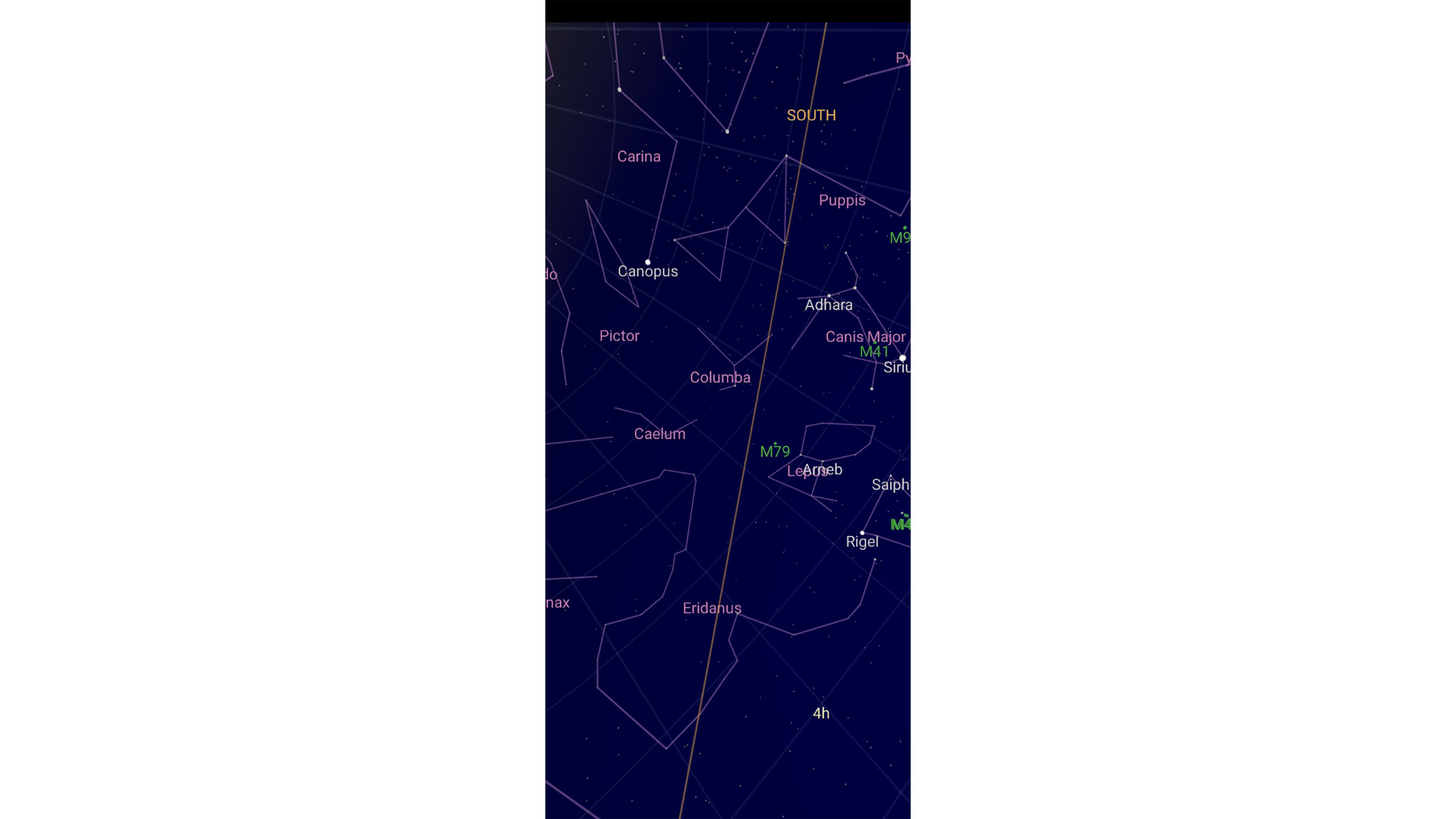
- Looks a little dated
- Accurately identifies stars and more
- Easy to filter skywatching views
Sky Map arguably doesn't give the best first impression, with an opening splash screen that's not even HD, but once you're in you realize that's part of its charm.
With stars, planets, and constellations splayed out across the screen, each categorized by color coding, it'd be fair to say it's not the sharpest-looking stargazing app we've used. But some may appreciate the more retro look, and given that it debuted in 2012, it's perhaps not surprising.
Still, it's easy to use, with planets, stars, constellations and gridlines that can be turned off by tapping on the left-hand side of the screen to show or hide each individually. This adds a pleasing granularity to things and also lets you add or remove each until you get the layout as simple or complex as you'd like.
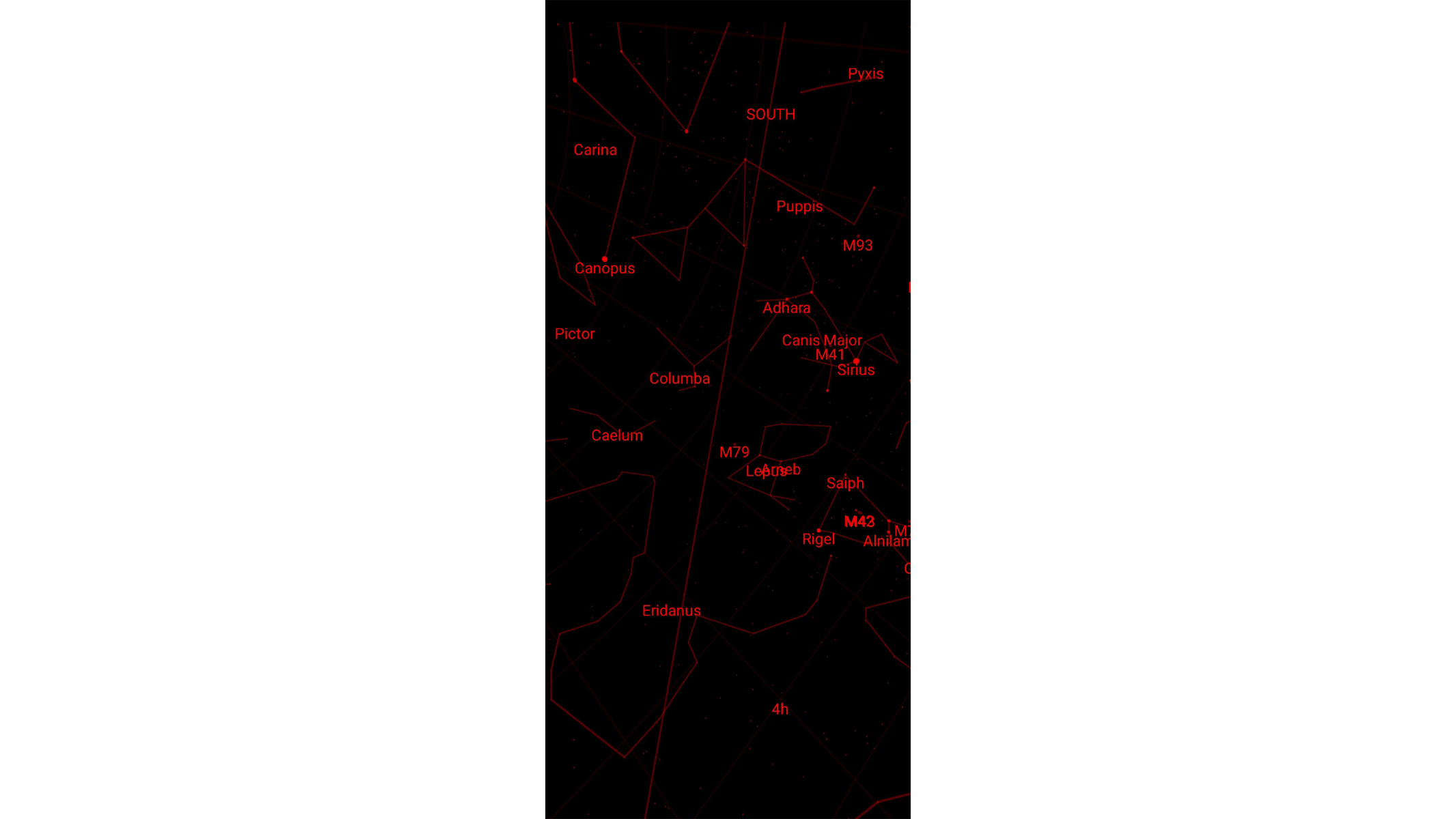
We liked the addition of a dark mode, which dims the screen and turns the icons to dark red — after all, it's not easy to see the skies if your phone is lighting up everything around you. This is toggled with a tap on the 'eye' icon at the top.
There's also a search bar (more on that in a moment), and while the app can be controlled using gyro movement to look around, you can opt to move through the galaxy with a tap or swipe instead — ideal for those with disabilities.
Sky Map app: Key Features
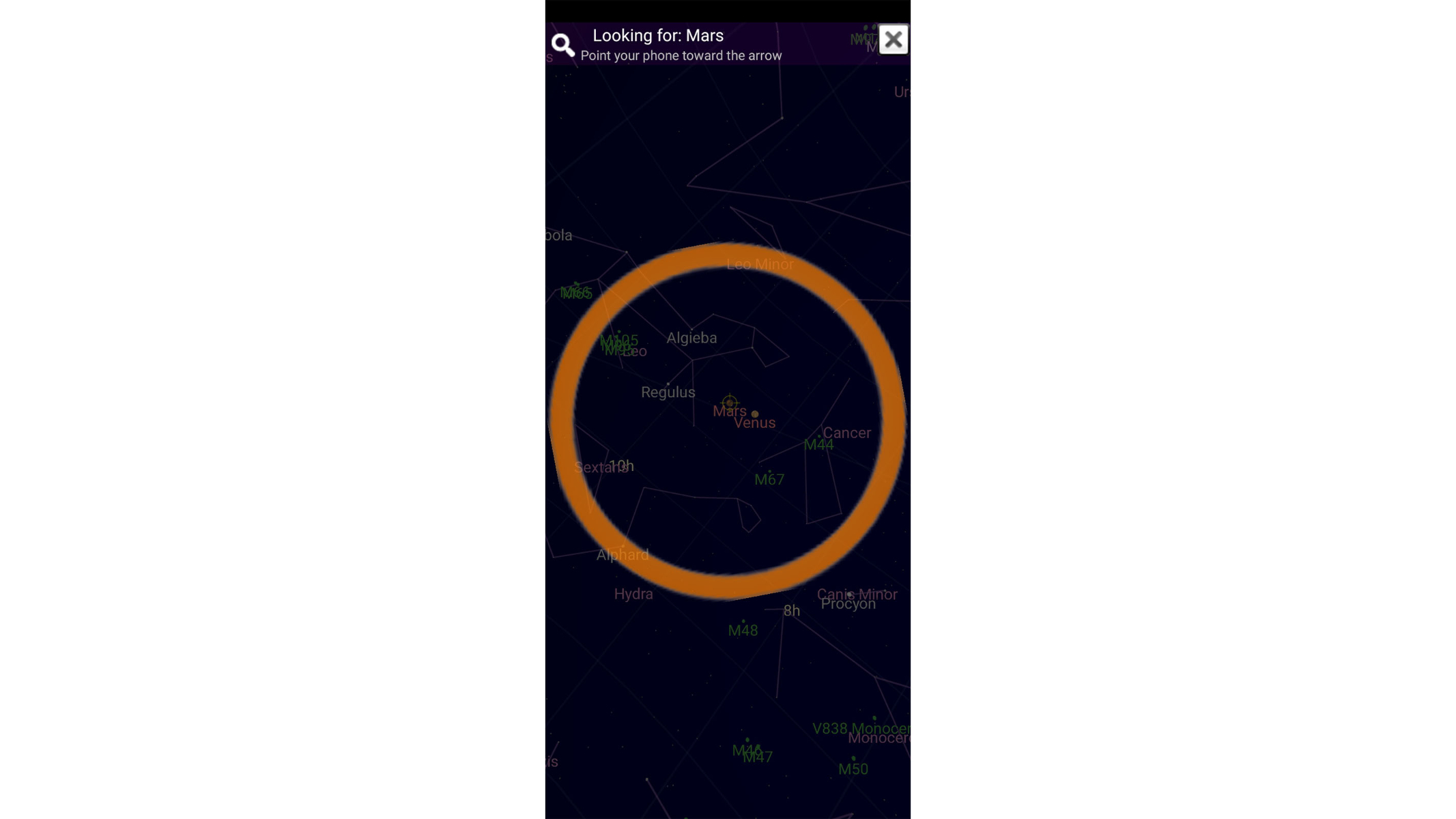
- Lacks AR features of some rivals
- Useful planet gallery
- Time travel function
Sky Map's antiquated user interface isn't the only way the app has been left behind by many of its contemporaries in the stargazing app space.
While many of its rivals have embraced AR as a means to convey the scale of our universe, and the ones beyond, Sky Map's planetarium view remains flat. This may be expected given the lack of paid membership, but when other options let you open a portal to Mars and beyond, it's worth noting.
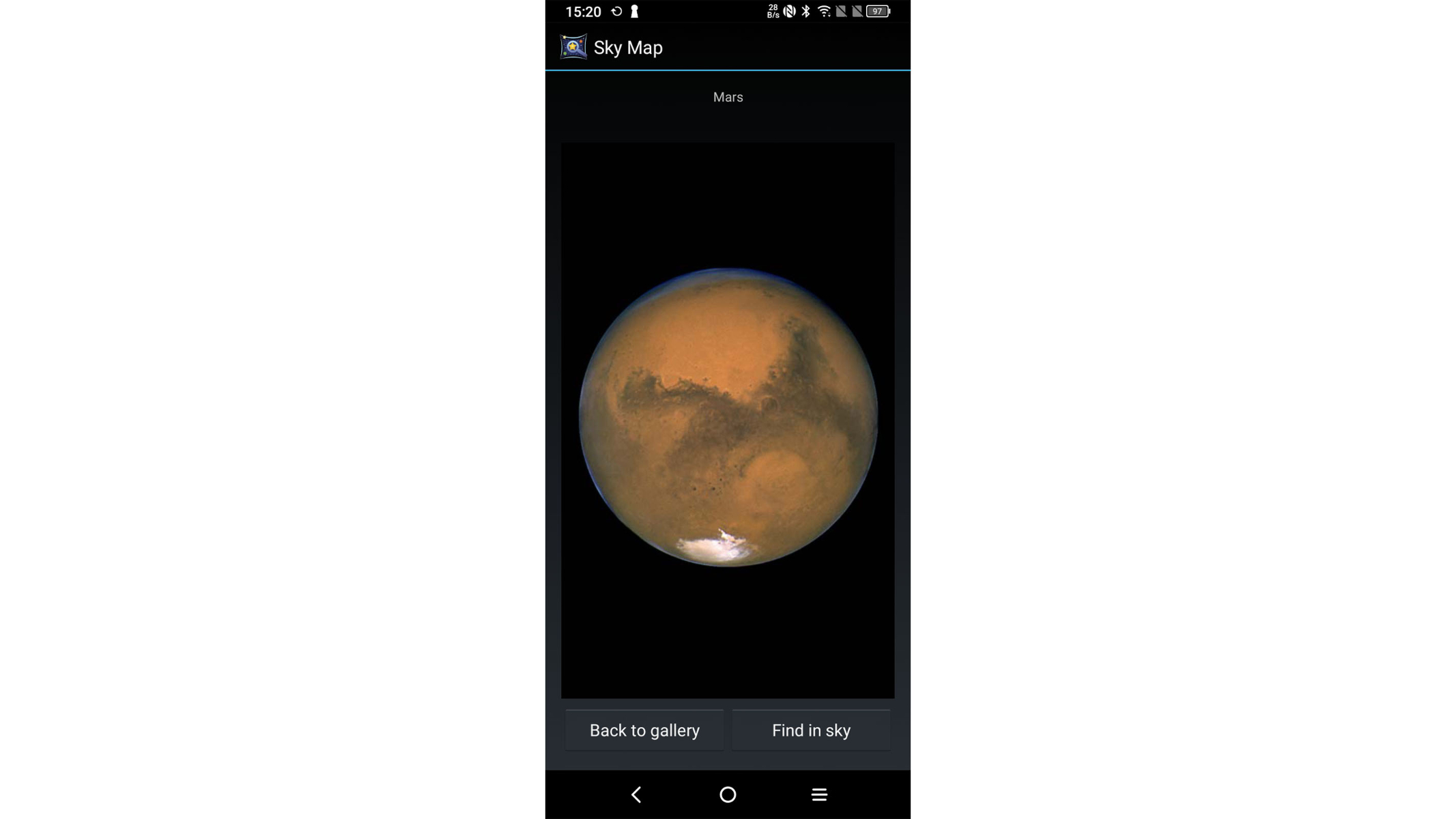
Thankfully, you can see planets in the 'gallery' view. This lets you get an idea of the scale of each planet, and you can use this to pinpoint each of them in the sky by following the arrow. It adds a fun dimension knowing there's a planet to be found, and following the directions is something that's likely to be great for teaching younger stargazers.
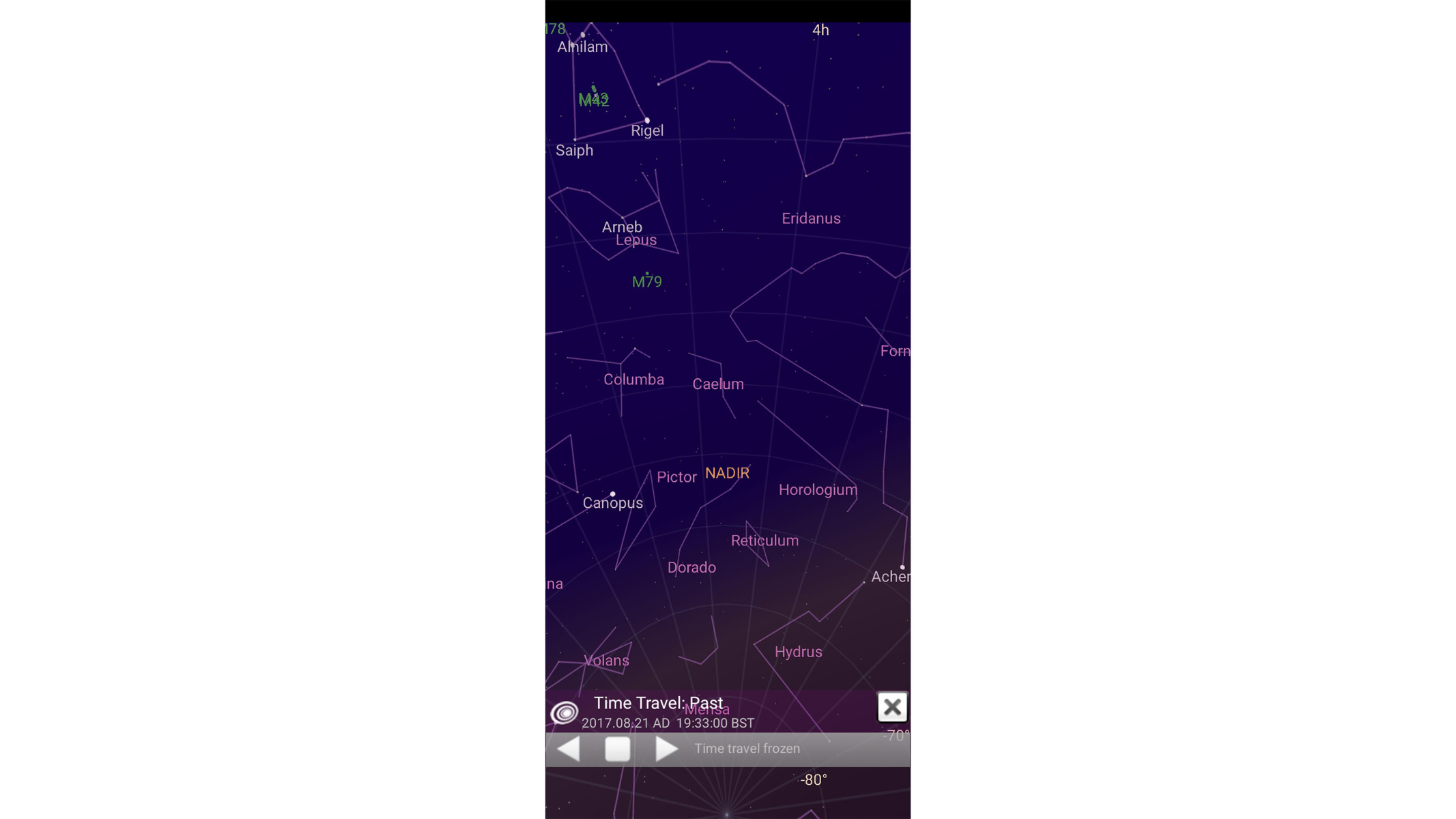
There’s a fun 'time travel' option as well, with data from both past and future included. Sky Map does a good job of recommending events such as eclipses so you can check them out at your leisure, too.
As mentioned before, you can use the search bar at the top to identify planets, stars or anything else and be guided to them.
Should you download Sky Map app?
Sky Map, despite its 'classic' design (and that may be generous), is definitely worth downloading. It's free, it's powerful and it packs plenty of data into an easy-to-filter design.
It's also got very modest system requirements, which makes it the kind of app you can install on your kid's first phone and they can use it with ease.
If Sky Map app isn't for you
If you're on an iPhone, you'll need to look elsewhere because Sky Map is only available on Android devices. In that case, we'd recommend Night Sky in that case since it offers much of what's on offer here, but with additional premium features that may be worth looking into.
SkySafari 7 Pro is another alternative that packs a huge roster of features in one app. In our review, we noted its impressive new LiveSky and SkyCast features. Plus it can control Celestron StarSense telescopes.
Not sure if either of those apps are right for you? Check out our roundup of the Best stargazing apps in 2025.
Join our Space Forums to keep talking space on the latest missions, night sky and more! And if you have a news tip, correction or comment, let us know at: community@space.com.
Lloyd Coombes freelance tech and fitness writer. He's an expert in all things Apple as well as in computer and gaming tech, with previous works published on TechRadar, Tom's Guide, Live Science and more. You'll find him regularly testing the latest MacBook or iPhone, but he spends most of his time writing about video games as Gaming Editor for the Daily Star. He also covers board games and virtual reality, just to round out the nerdy pursuits.
